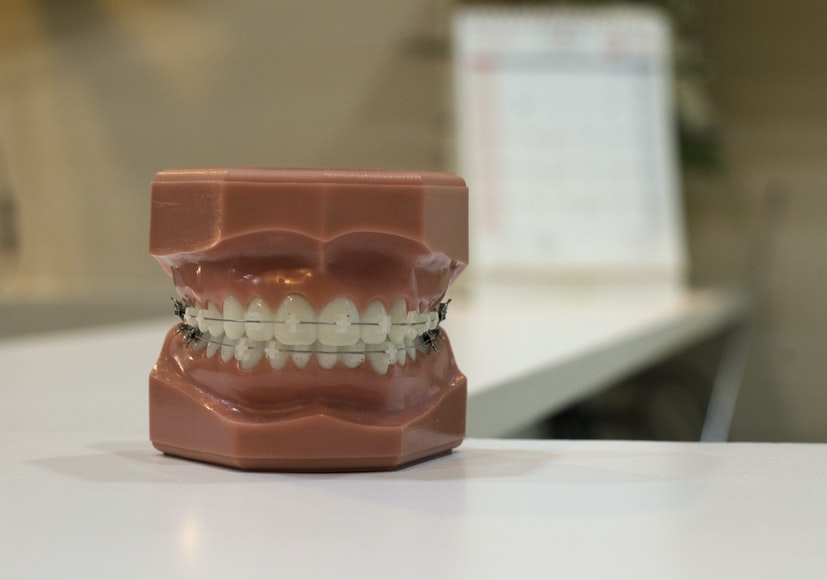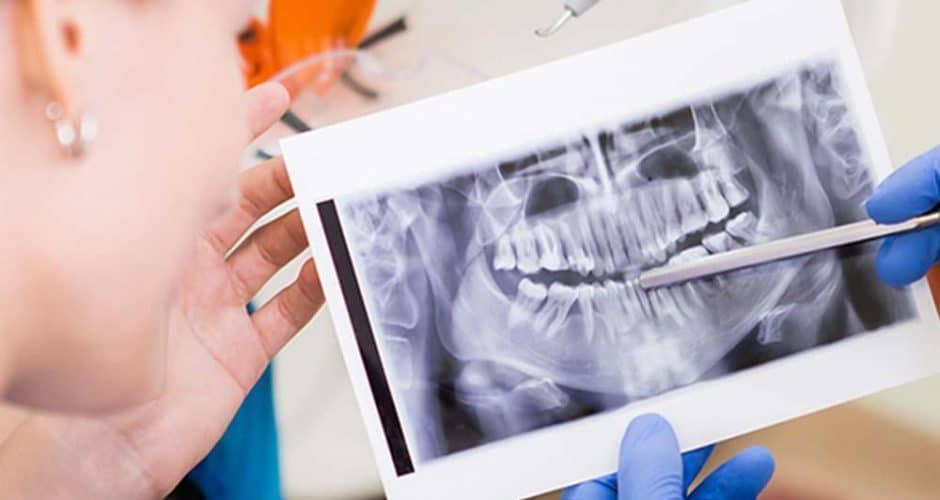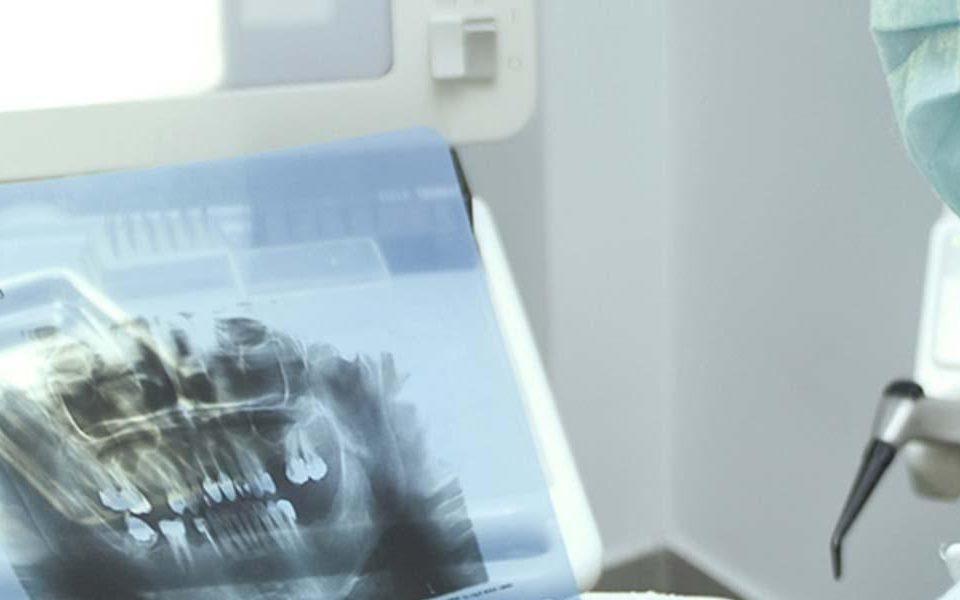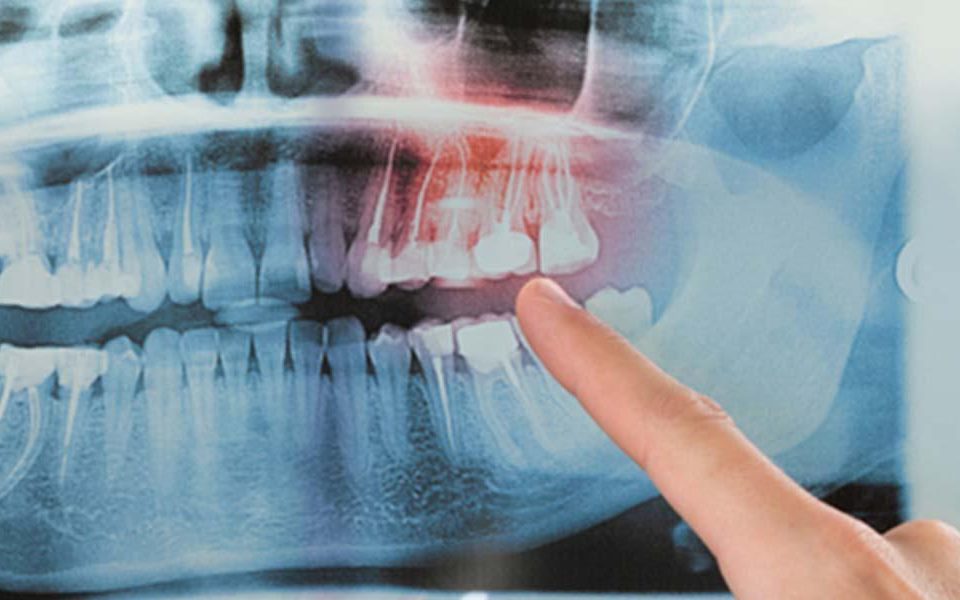
Treat Periodontal Disease With Osseous Surgery
November 23, 2014
Who’s Afraid of the Big Bad Root Canal?
September 2, 2015What Is Bone Grafting & Why Is It Necessary for an Implant?
Tooth loss has a far reaching effect on your appearance, dental, and overall health. Over a period of time, the part of the jawbone associated with missing teeth atrophies, or is reabsorbed. When this occurs, the reabsorption often leaves the mouth in poor bone quality. The quality of bone left behind is rarely suitable for placement of dental implants.
If you’re wondering, is bone graft necessary for implants? The answer depends on your bone structure and how much bone volume remains in the jaw.
Are Bone Grafts Necessary?
Most patients do not qualify to be candidates for dental implants without bone grafting, as a strong foundation is essential to hold the implant placement securely. In many cases, bone grafts for implant placement is necessary to create a stable foundation. The good news is that today’s advanced procedures allow us to regenerate bone where needed—even in patients who have experienced significant bone loss.
Some patients ask, can you get a bone graft without an implant? The answer is yes. Some cases of dental implants require a dental bone graft. For example, bone grafts can preserve the socket after a tooth extraction and prevent further bone loss.
What Is a Bone Graft for a Dental Implant?
Dental bone grafting not only gives us the opportunity to place implants of proper length and width. It also creates the chance to restore functionality and esthetic appearance of the mouth and teeth.

[Related: Oral Surgery]
What is Bone Grafting?
If a patient has insufficient bone mass, it can be a problematic site for dental implant surgery. Bone graft for implant procedures help restore the lost bone structure, ensuring a successful implant procedure.
Key points about dental bone grafting:
- It restores bone volume when the jaw is too thin for implants.
- Bone material can be taken from the patient’s jaw/body, a tissue bank, or other substitutes.
- The procedure is usually done months before implant placement to allow for healing.
[Related: Gum Grafts]
Types of Dental Bone Graft Procedures
Depending on the patient’s needs, different types of bone grafts for dental implants can be performed:
Sinus Augmentation
Sometimes when you get an implant in the upper jaw, a sinus lift with bone grafting is often needed.
This is necessary when:
- Your sinus sits low
- The amount of bone between the implant needs to be and your sinus is located is too little.
In order to get room for the implant:
- Bone grafting is used to lift the sinus up higher
- This allows the bone implant for tooth implant to be placed without damaging the sinus.
Socket Preservation
This type of bone graft is placed immediately onto the empty socket after a tooth extraction.
Doing this prevents the sides of the open socket from caving in. It can also be referred to as ridge preservation.
Ridge Augmentation
If the tooth has been gone for a significant amount of time, bone grafting can be done to build back the ridge where the bone has been lost.
This is known as ridge augmentation.
Periodontal Bone Graft
When a patient is dealing with a loose tooth due to gum disease deterioration, they might opt for a periodontal bone graft.
Periodontal bone grafts are placed around an existing tooth to support it and reduce mobility.
Healing & Recovery: Bone Graft Growth Timeline
Once the bone graft material is placed under the gum, healing begins, similar to how a broken arm or leg heals in a cast. With proper care:
- The bone becomes strong enough for implants in 4 to 6 months.
- Doctors often use sterilized or synthetic bone to encourage natural bone growth.
- Special membranes may be used to protect the graft while it integrates.
[Related: Options for Replacing Missing Teeth]
Post-Operative Care for Bone Grafting
With either bone grafting for site preservation, for ridge augmentation, or for sinus lifts, your post operative instructions are the same and are critical for the success of the grafting and for a positive experience. Guidelines include:
- Rest for one day after the procedure.
- Limited physical activity for one week to allow healing and minimize bleeding.
- No smoking—this can interfere with healing.
- Mild soreness may occur but is typically minimal.
Within a few months, you’ll be ready for your implants!
[Related: Teeth in One Day AKA All-on-Four Dental Implants]
Are You a Candidate for Dental Implants Without Bone Grafting?
If you’ve been told you’re not eligible for implants due to low bone volume, don’t worry. We specialize in bone grafts for dental implants and can evaluate whether bone grafting in dental implants is right for you.
Contact Cascadia Dental Specialists today to learn more about what a bone graft is for dental implants, our other dental services, or schedule a consultation to get started on your dental journey? Contact Cascadia Dental Specialists today!




